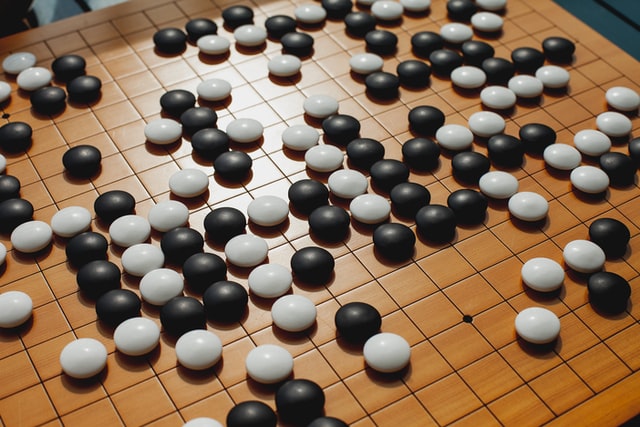When it comes to gaming, most people imagine spending a relaxing afternoon or evening with their favorite title. A bit of competition is natural, but the point of gaming is typically to wind down and, in the case of social games, spend time with friends.
Still, most people know at least one super-competitive gamer. Whether playing Connect Four or Tetris, they’re in it to hash out the best tactical plan, make thought-out moves, and try to pin down the underlying mechanics of a game. For these types of gamers, there’s no challenge too difficult—or rewarding.
Today, the availability of video games has diversified the challenges for these inborn gamers. In fact, some of the world’s most stimulating titles are available for digital platforms only. However, ardent critical thinkers have been after challenging games for centuries—and some of the world’s most difficult games aren’t available for Xbox or PC. Let’s take a closer look.
Strategy in Roulette (1700s)
Though roulette is often discussed alongside casino titles like slots and blackjack, the game requires deft strategy and keen knowledge of probability. In fact, roulette was invented by a French mathematician, Blaise Pascal, who also created the world’s first digital calculator.
Given the game evolved over hundreds of years, there are ample strategies available for gamers to try out, from the Martingale to the Fibonacci systems. These are designed to help players predict the next likely outcome, which involves inside bets, outside bets, house edge, and mathematical models based on the roulette table’s 37 cells.
RPG Problem-Solving in Dark Souls (2011)
For the most part, RPG PC titles require curiosity and an adventurous spirit from gamers. Only certain titles, Dark Souls included, actively look to challenge gamers. Or, as a recent Red Bull article would put it, punish gamers.
Developers at FromSoftware designed the game to take place at a slower pace, which requires players to pay attention and make real-time strategy choices. On the other hand, non-playing characters can pose unexpected (and often deadly) challenges at a second’s notice. The idea is to encourage a sense of endurance in a digital title—and developers have succeeded.
Adaptive Solutions in Rogue (1980)
Today ‘roguelike’ is one of the most common tags on platforms like Steam, which help notify gamers that a title is going to be incredibly difficult. Back in 1980, this passion project between Michael Toy and Glenn Wichman could only be played on mainframe computers.
What was their first challenge for gamers? Each challenge generates a random map design, which prevents players from memorizing levels and advancing quickly. Throw in a few other critical thinking challenges, such as shifting rooms and passageways, monsters and trap doors, and there’s been enough fantasy-logic content to keep some captivated for forty years.

Dead Cells (2018)
This mobile and handheld-ready game quickly took off after its release by developer Motion Twin. Unlike similar titles, Dead Cells combines elements of strategy RPG with fantasy… and ‘rogue-lite’ challenges. Gamers are faced with decisions to fight, use magic, or even play music to battle enemies—and they’ve got only seconds to decide which is the right move.
While the gameplay is regarded as difficult, the challenges have been rewarding enough to keep attracting new players. Just like there’s always a new enemy on the horizon, there’s a new solution that gamers likely haven’t thought of yet.
Abstract Strategy in Go (Around 2,000 BC)
Though experts still can’t precisely date the origin of the Chinese game Go, they’re in agreement that it’s the world’s oldest board game—and also one of the most difficult. In fact, DeepMind Technologies, a subsidiary of Google, only recently developed an AI program (AlphaGo) that was able to beat the world’s most decorated Go player.
Go has a simple set of rules, which is overlaid with a complex set of strategies. Players simply need to play a stone on an intersection with the hopes of surrounding another player’s pieces. From there, the strategy becomes dizzyingly varied—should a player capture? And is a player actually gaining territory?
